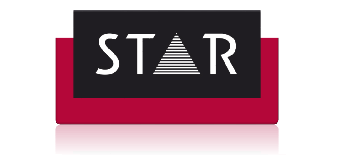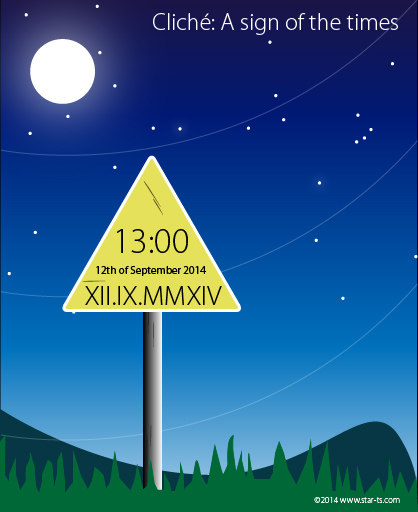Clichés: Give It To Me Straight!
A cliché (also cliche) is an expression, idea, opinion or phrase that was once considered an original metaphor, but over time became overused and unoriginal. They were used to convey a novel approach or, to some effect, explain an artistic element.
An English playwright named John Heywood, wrote a book in the 1500s: the book of proverbs, which catalogued clichés and figures of speech common at the time. These were considered original, witty and informative. Today, however, they’re tired and unwitty, but we use them nonetheless.
Clichés can often be confused with idioms (special phrasing), hyperbole (exaggerated rhetoric), metaphors (figures of speech) and similes (expressing comparison, likeness).
Nowadays, we call these overused, ready-made phrases clichés!
You’re probably trying to remember some tired clichés — the ones your mother used regularly — explaining the repetition of daily chores, perhaps.
Clichés
- Better late than never
- Tried and true
- Fit as a fiddle
- Weak as a kitten
- A bun in the oven
- Dead ringer
- A no-brainer!
- Labour of love
Idioms
- It’s not rocket science
- He was pulling my leg
- Let’s keep an eye out for her
- The cat’s out of the bag now!
- He threw himself at her feet!
Proverbs
- Waste not, want not
- Break a leg
- The early bird catches the worm
- Early to bed and early to rise, makes a man healthy, wealthy and wise
Metaphors
- The computers at work are old dinosaurs
- She cut him down with her words
- Waves of messages of hope were sent to the victims
- He lay there, soaking up the sun
All the above examples may paint a clearer picture for you, but what’s the purpose of a cliché and how did they come to be?
We already know that a cliché is a phrase to express an idea. They’re also traditional in form which, due to their repetitive use in social life, have a heuristic power i.e. enabling others to learn. It has been stated among certain sociologists that clichés manage to stimulate behaviour without reflection on their meanings. To some degree, they are automated phrases used to aid understanding. A cliché can spark further cognition, emotion, volition and action.
Origin
Cliché was pulled from the French language around the mid 19th century. A cliché was a printing plate cast from movable type. It’s a past participle of clicher, to stereotype. In the early stages of printing movable type, letters were placed one at a time as it made sense to cast a phrase used repeatedly. The word cliché came to mean such a ready-made phrase.
Graham,
Sources: Wikipedia; Oxford English Dictionary; Literary Devices

